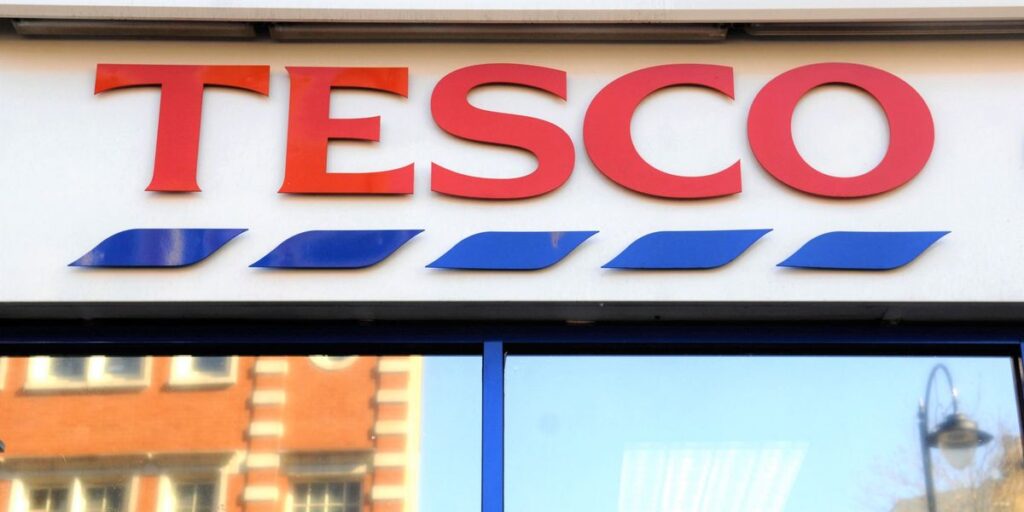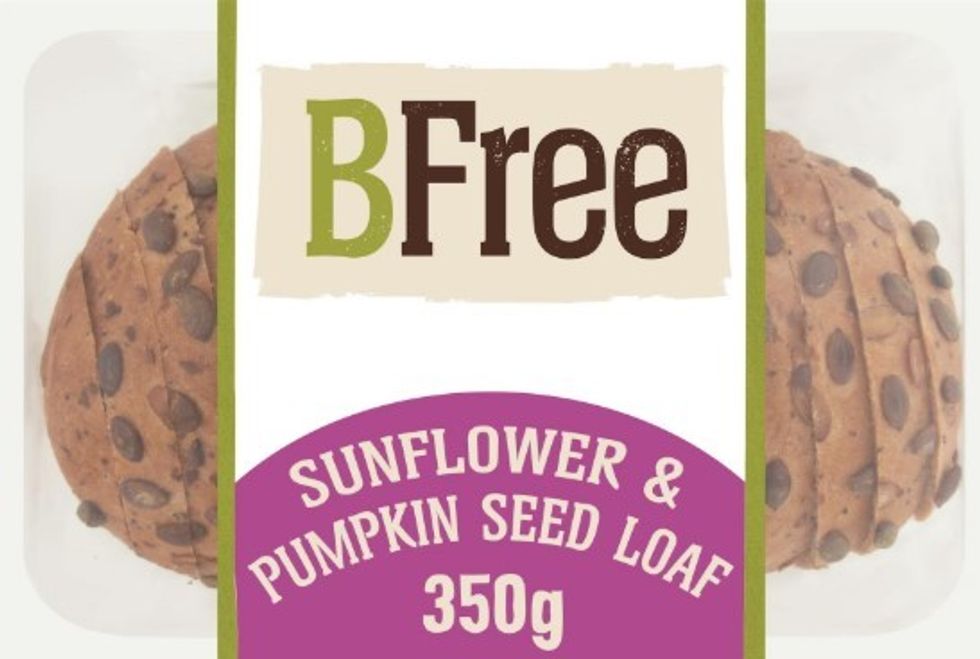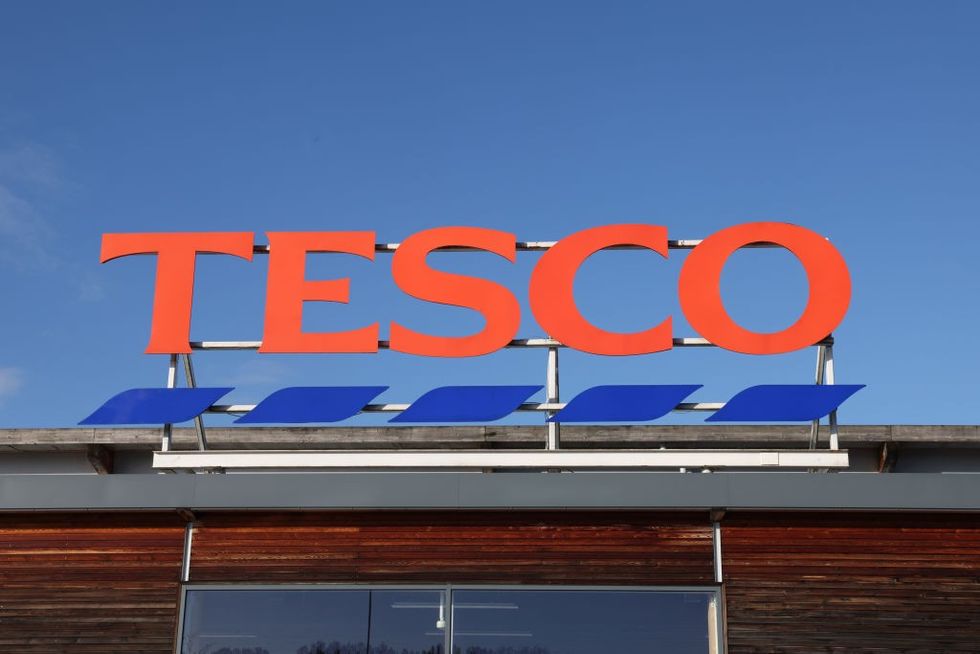Tesco is the latest supermarket to recall products deemed unsafe for customers.
The popular supermarket is urging shoppers to return 350g BFree Sunflower & Pumpkin Seed Loaf to stores.
BFree Sunflower & Pumpkin Seed Loaf 350g
Best before date: All best before dates
Batch Code: All batch codes
This product may pose a health risk to people with peanut allergies.
Tesco
Tesco said: “BFree Foods is recalling all dates and batch codes of BFree Sunflower & Pumpkin Seed Loaf 350g as it may contain peanuts, which are not listed on the label, meaning the product may pose a health risk to people with peanut allergies.”
“If you have bought an affected product and have a peanut allergy/intolerance/sensitivity, do not eat it. Instead, return it to a Tesco store for a refund. No receipt is required. Use our store locator to find your nearest UK Tesco store or ROI Tesco store.”
For more information, please contact BFree Foods directly via email at quality@bfreefoods.com or phone at 00-353-1-779-0500.
Customers can also contact Tesco's customer services on 0800 505 555 or 1800 248 123.
Allergy UK provides information about peanut allergies, with experts saying: “Signs and symptoms usually appear within minutes of coming into contact with peanuts, but may appear up to an hour later. Most allergic reactions are mild, but some can be moderate or severe.”
“Anaphylaxis (pronounced anaphy-ra-ki-shi) is the most severe and potentially life-threatening allergic reaction.
“Mild to moderate symptoms may include itchy mouth, tongue or throat; swelling of the lips, around the eyes or face; a red, raised, itchy rash (often called nettle rash, hives or urticaria); vomiting, nausea, abdominal pain, diarrhea, runny nose and sneezing.”
“One or more of the following symptoms are signs of a severe allergic reaction (anaphylaxis) and should be treated as a medical emergency. If available, epinephrine should be administered without delay, you should inform the operator that you are experiencing anaphylaxis and call an ambulance.
“Severe symptoms of anaphylaxis include swelling of the tongue or throat, difficulty swallowing or speaking, changes in voice (hoarseness), wheezing or persistent coughing, difficulty breathing or breathing noises, dizziness, collapse, loss of consciousness (due to low blood pressure), paleness, lethargy, or sudden drowsiness in infants.”
Food recalls don't happen often but they must be taken seriously. The Food Standards Agency (FSA) has explained what food recalls are and why they happen.
“If a food has a problem that means it should not be sold, it may be 'recalled' (removed from shelves) or 'recalled' (customers asked to return the product),” the agency said.
“The FSA issues Product Recall Information Notices and Product Recall Information Notices to inform consumers and local authorities about food-related issues.
Latest Developments
Affected customers are being urged not to eat the products and to return them to Tesco stores.
Getty Images
“In some cases, a 'food action alert' will be issued, which provides local authorities with details of the specific actions they should take on behalf of consumers.”
Explaining why products are recalled because of allergy risks, the FSA added: “We may have to recall or recall a food if there is a risk to consumers because allergy labelling is missing or inaccurate, or if there is another food allergy risk. If there is a food allergy risk, the FSA will issue an allergy alert.”
In other Tesco news, rare Lindo sweets have hit stores, causing a frenzy among chocolate lovers.
One delighted shopper said: “I did a little dance when I spotted this in Tesco this morning – it's my favourite flavour.”





